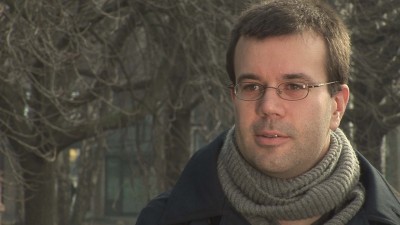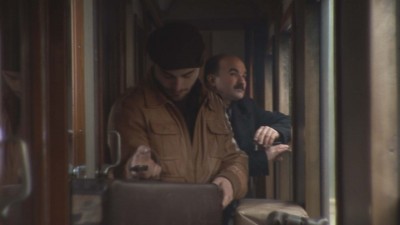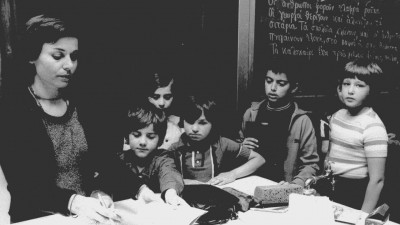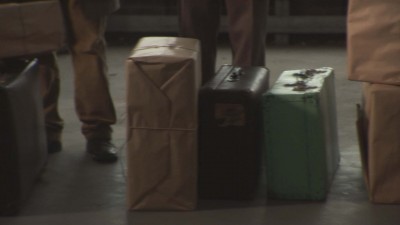Summary
Various German enterprises felt an upcoming labour shortage as early as in the fifties of the previous century. As a consequence, bilateral agreements were concluded with other countries to recruit workers there. It was only with migrant workers that Germany was able to fully exploit the economic flowering. Migrants could, however, rarely benefit and, moreover, were kept as an impecunious working class with low chances of life improvement. The film depicts the story of the migrant workers and tells about their hopes and dreams in the “promised land” and the disillusioning reality in the German diaspora.
Narrative Style
This report uses both staged and documentary scenes to make the migrant workers’ life accessible. By means of reenactments, the journey of the migrants and the first arrival are being reenacted. Parts of an interview and documentary scenes are telling the story of a female Greek work migrant who is talking about social and cultural hurdles she experienced in Germany to the present day.
A sociologist of the university of Stuttgart provides a socio-historical overview of the subject, and an analysis of the recruitment implications that had been carelessly considered by both the German government and German society. A sustainable integration policy was not practiced, and thoughts were suppressed that “labour had been called for, but it were human beings who came”, as Max Frisch put it.
Movie Presentation
Filmakademie Baden-Württemberg, Ludwigsburg 2009





